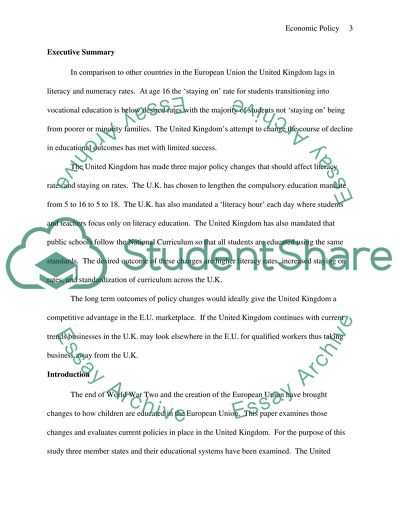Cite this document
(“Economic Policy and Vocational Training in the United Kingdom Essay”, n.d.)
Economic Policy and Vocational Training in the United Kingdom Essay. Retrieved from https://studentshare.org/education/1511199-economic-policy-and-vocational-training-in-the-united-kingdom
Economic Policy and Vocational Training in the United Kingdom Essay. Retrieved from https://studentshare.org/education/1511199-economic-policy-and-vocational-training-in-the-united-kingdom
(Economic Policy and Vocational Training in the United Kingdom Essay)
Economic Policy and Vocational Training in the United Kingdom Essay. https://studentshare.org/education/1511199-economic-policy-and-vocational-training-in-the-united-kingdom.
Economic Policy and Vocational Training in the United Kingdom Essay. https://studentshare.org/education/1511199-economic-policy-and-vocational-training-in-the-united-kingdom.
“Economic Policy and Vocational Training in the United Kingdom Essay”, n.d. https://studentshare.org/education/1511199-economic-policy-and-vocational-training-in-the-united-kingdom.


